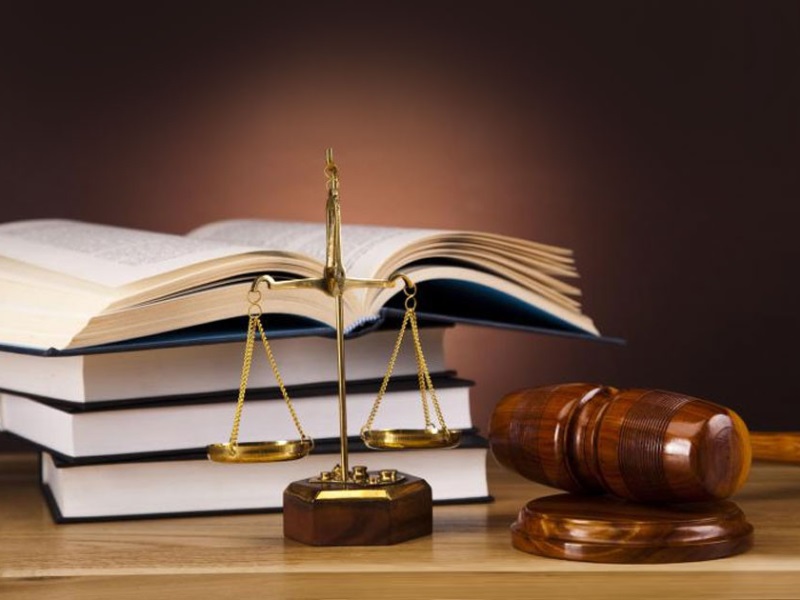
Navigating the intricacies of the legal system can be a daunting task, especially when you are dealing with complex legal matters. In such situations, having the right lawyer can make all the difference. A good lawyer can offer legal advice, help you understand the legal landscape, and represent you in a court of law. There are many lawyers out there, each specializing in different areas of the law, making it important to choose the right one. For example, if your case involves sensitive matters, such as crimes against minors, a Los Angeles defense lawyer for crimes against minors can provide specialized expertise and guidance. This guide offers some tips to help you choose the right lawyer for your legal matters.

1. Research and Evaluate Your Needs
The first step in choosing a lawyer is to evaluate your legal needs. Determine what type of legal services you need and the level of expertise required. This will help you narrow down your search by excluding lawyers who do not specialize in the area of law you need assistance with. If you are not sure about your legal needs or the type of lawyer who can help, you should seek legal advice from a qualified legal professional.
2. Look for Experience and Expertise
When choosing a lawyer, the experience and expertise of the lawyer should be one of your top priorities. Look for a lawyer who has experience in handling cases similar to yours. This will ensure that the lawyer has a good understanding of the legal issues involved and the best course of action to take. Ask the lawyer about their education, training, and experience, and also check their track record of success in handling cases similar to yours.

3. Check Their Reputation
The reputation of a lawyer speaks volumes about their professionalism and their ability to provide quality legal services. Do your research and check the lawyer’s reputation by reading online reviews, talking to past clients or contacting the local bar association. Look for any disciplinary actions taken against the lawyer, and also ask for references that you can contact to get a better understanding of the lawyer’s reputation.
4. Communication and Availability
When choosing a lawyer, communication and availability are crucial. You need a lawyer who is available to answer your questions, provide legal advice when needed, and who can represent you effectively in a court of law. You should ask the lawyer about their communication style and how they prefer to communicate with their clients, whether it’s via email, phone, or in-person meetings. Additionally, ask about their availability in case of emergencies or urgent matters.
5. Fees and Billing Practices
Before hiring a lawyer, it is important to understand their fee structure and billing practices. Inquire about their hourly rates, retainer fees, and other costs associated with their services. Also, ask about their billing practices, as some lawyers may charge an hourly rate, while others may charge a flat fee. It is important to get a clear understanding of their billing practices to avoid any unexpected costs or financial surprises.
Choosing the right lawyer for your legal matters is critical. Research and evaluate your needs, look for experience and expertise, check their reputation, ensure clear communication and availability and understand their fees and billing practices. By following these tips, you can find the right lawyer to represent you effectively in your legal matters.




